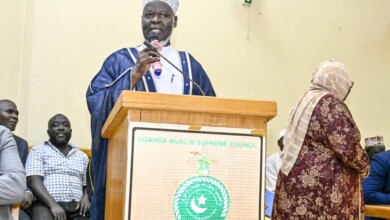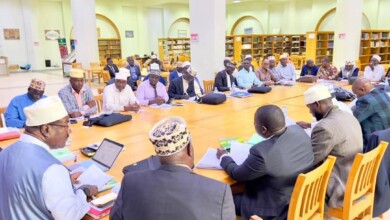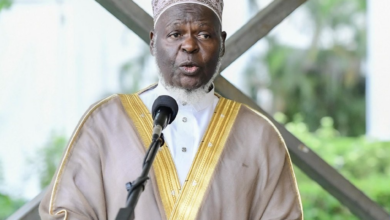UMSC issues ‘cease and desist’ notice to Sheikh Swaleh Mubiru
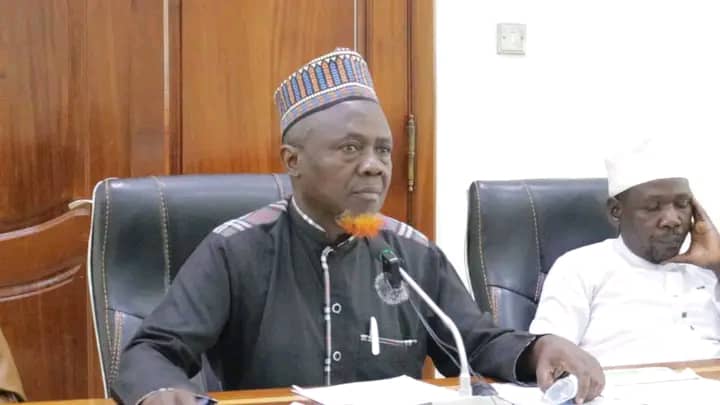
By Issa Kigongo
The UMSC’s National Management Committee, under the direct stewardship of the Mufti of Uganda, Sheikh Shaban Ramadhan Mubaje, has intensified its efforts to formally address and contain the theological controversy emanating from Sheikh Mubiru’s teachings.
Wednesday’s high-stakes session represented the culmination of a series of deliberate engagements, initiated last week by the UMSC Secretary for Religious Affairs, Sheikh Imran Abdur Noor Ssali.
It was Sheikh Mubiru’s third interface with the committee, following earlier meetings convened to address his controversial views—particularly his claim that women may pray during their menstrual periods, among other interpretations that appear to contradict mainstream Islamic scholarship.
The first session was held last week upon invitation from the UMSC Secretary for Religious Affairs, Sheikh Imran Abdur Noor Ssali. The second meeting took place on Tuesday, October 14.
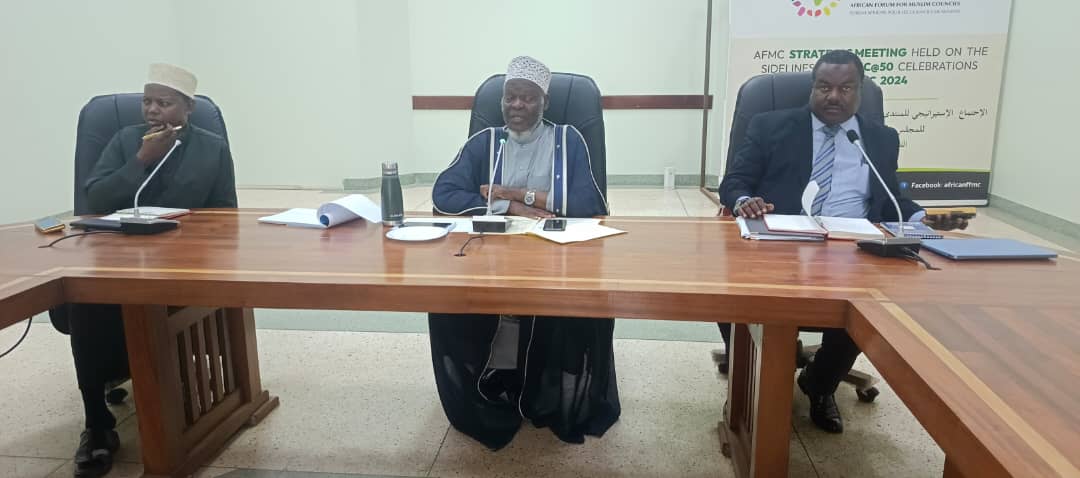
The Heart of the Controversy: A “Qur’an-Only” Interpretation
At the core of the dispute is Sheikh Mubiru’s reported adherence to a “Qur’an-only” interpretive framework, a position that systematically rejects other key sources of Islamic jurisprudence, including the Hadith, Tafsir (scholarly exegesis of the Qur’an), and the established consensus of classical Islamic scholars.
This approach, critics within the UMSC and the broader scholarly community assert, is based on the historically marginalized Quraniyoon movement, which they argue dismantles the very foundations of Islamic theology and law.
Compounding these theological concerns are allegations regarding Sheikh Mubiru’s academic qualifications.
According to reliable sources close to the proceedings, several senior scholars have raised serious doubts about his proficiency in Arabic, suggesting that a struggle with the language’s complex idioms and linguistic nuances has led to significant misquotations and fundamental misinterpretations of key Qur’anic verses.
As a result, UMSC scholars have reportedly advised him to refrain from spreading such interpretations publicly, warning that they may mislead ordinary believers and create unnecessary confusion within the community.
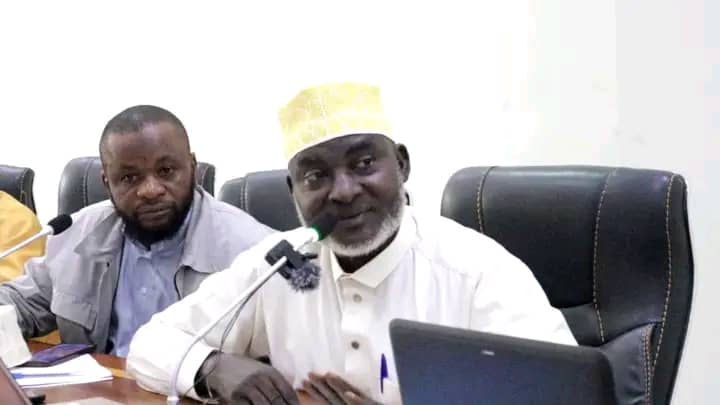
Earlier Deliberations
During the second meeting, chaired by Dr. Sheikh Ziyad Swaleh Lubanga, the UMSC Director of Sharia, several scholars participated, including his deputy Sheikh Salim Bbosa, Sheikh Imran Ssali, and Sheikh Murshid Luwemba. The Tabligh community (Jamuiyyat Da’awa Assalafiyya) was represented by Sheikh Nadawi Kaluuma, the Public Relations Officer of Nakasero Mosque, and Sheikh Uthuman Kibuuka, representing Amir Kamoga.
Meanwhile, the Mufti, Sheikh Mubaje noted during the first session that internal divisions within the Muslim community often arise from individuals pursuing personal, material, or intellectual interests, which ultimately lead to discord and confusion among believers.
“These divisions have caused discord, bloodshed, wars, and confusion among believers,” the Mufti remarked.
Mubaje also revealed that he had come across audio and video recordings of Mubiru’s teachings during a recent visit to Türkiye, which he classified into ten theological points.
“I found the explanations erroneous and vague—a view shared by many other Muslim clerics,” he said.
When asked whether he still stood by his teachings, Mubiru responded: “I am ready to change if I am convinced with facts drawn from the Holy Qur’an only.”
He, however, requested that the meeting be postponed, expressing concern that it might turn into a debate with his long-time critics from Jamuiyyat Tabliigh Da’aawa Assalafiyya. After persuasion, he agreed to proceed.
Way Forward
Under the Mufti’s guidance, members agreed that since Sheikh Mubiru had reaffirmed belief in the four principles of Islamic jurisprudence—the Qur’an, Hadith, Ijma’ (consensus), and Qiyas (analogy)—a follow-up session would be held with selected scholars to finalize deliberations on the remaining theological concerns.
Wednesday’s meeting marked the final stage of this engagement, after which the UMSC will issue an official position on Sheikh Swaleh Mubiru’s teachings and provide clear guidance to the Muslim community.


